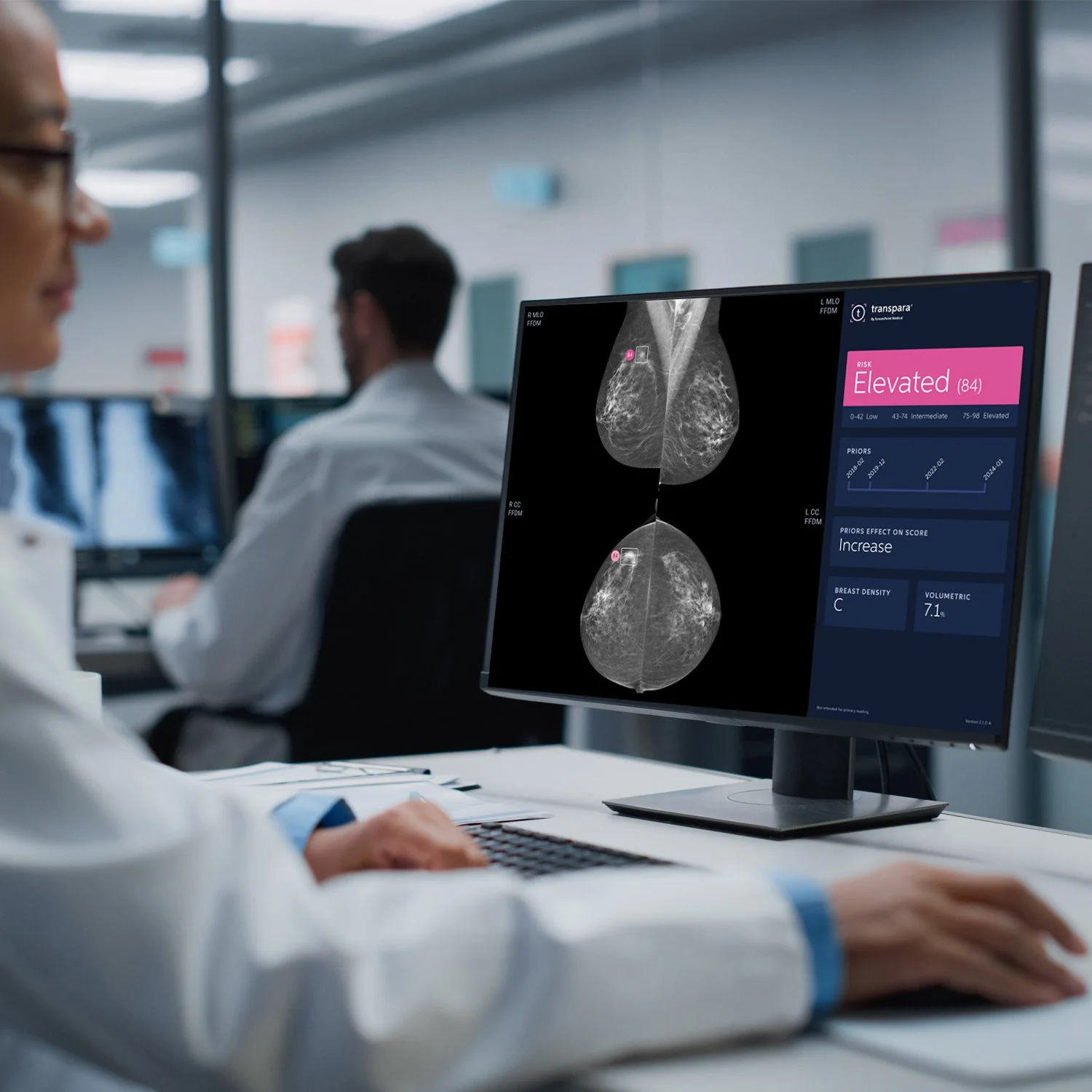Heartbeat and FlyteHealth have combined their expertise to launch a healthcare solution designed to respond directly to the needs of employers and insurers, enabling them to better manage health risk within the populations they cover.
Firstly, the solution brings together two types of care that were often separated - metabolic (diabetes, obesity, cholesterol) and cardiovascular - in a single program, easy to deploy on a large scale. This helps employers to offer their employees comprehensive, coordinated and measurable care, and reduces sick leave, and hence lost productivity. It also eliminates fragmented care paths.
Patients no longer see their cardiologist, nutritionist or endocrinologist separately, but benefit from a coordinated, 100% connected care pathway, where all specialists work together and combine their diagnoses.
Thanks to this approach, a person suffering from hypertension or pre-diabetes can be monitored more regularly, receive personalized advice on nutrition, physical activity or treatment, and be alerted quickly if there are any changes in their health variables. The fusion of the virtual and the medical is at the heart of Heartbeat and FlyteHealth's ambition. For example, blood pressure, blood sugar and heart rate data are centralized and interpreted automatically, enabling doctors to intervene before a problem becomes irreversible.
A report by the AHA (the leading American non-profit organization dedicated to the prevention and treatment of cardiovascular disease and stroke) projects that the annual costs associated with cardiovascular disease in the United States could reach $1,490 billion per year (care + lost productivity) in the coming decades. FlyteHealth and Heartbeat respond to this finding by preventing diseases (diabetes, hypertension, obesity) upstream, coordinating care to reduce fragmentation, and using remote monitoring and artificial intelligence to avoid costly and prolonged hospitalization.





.webp)








